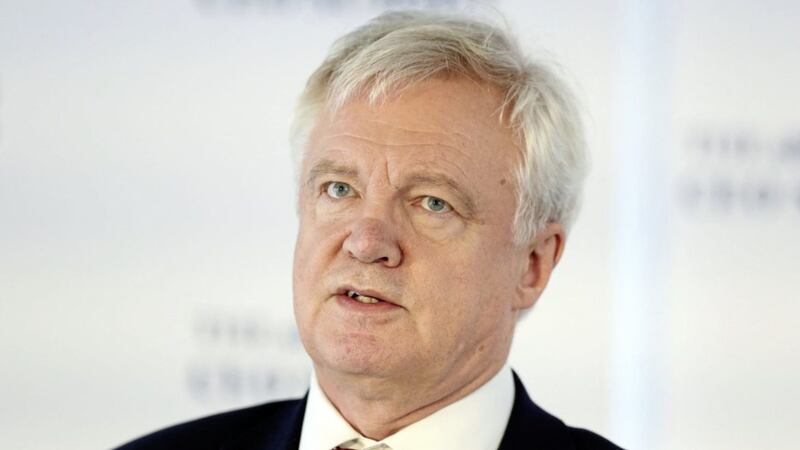THE UK could remain under European Court of Justice jurisdiction after Brexit but move to a new arbitration mechanism during a proposed two-year transition, David Davis has suggested.
He said the implementation period would involve "keeping both the rights of a European Union member and the obligations of one, such as the role of the European Court of Justice".
But the British government Brexit secretary later suggested the ECJ's role could be phased out before the end of the transition in 2021.
"We'll start under the regulations as they are now, and then ideally we'll end up with a circumstance where we have another arbitration mechanism, a dispute resolution mechanism. That's for negotiation," he told the BBC yesterday.
In a speech to German business leaders on Thursday, he urged EU nations not to "put politics above prosperity" in their negotiation of a future relationship with the UK.
Mr David suggested that he wanted to see compromise from Brussels, warning EU leaders that they will get "nothing... for nothing".
"In any negotiation you want the other side to compromise," Mr Davis told the BBC.
"I want them to compromise. Surprise, surprise, nothing comes for nothing in this world.
"But so far in this negotiation, we've made quite a lot of compromises. On the citizens' rights front, we've made all the running."
Asked whether Berlin and Paris were combining to hold up a deal, Mr Davis said: "Oh no. To be clear, Germany and France ... are the most powerful players on the European continent, of course they are.
"So what they believe is very influential, sometimes decisively so. But its a whole-of-Europe decision, a 27-country decision."







